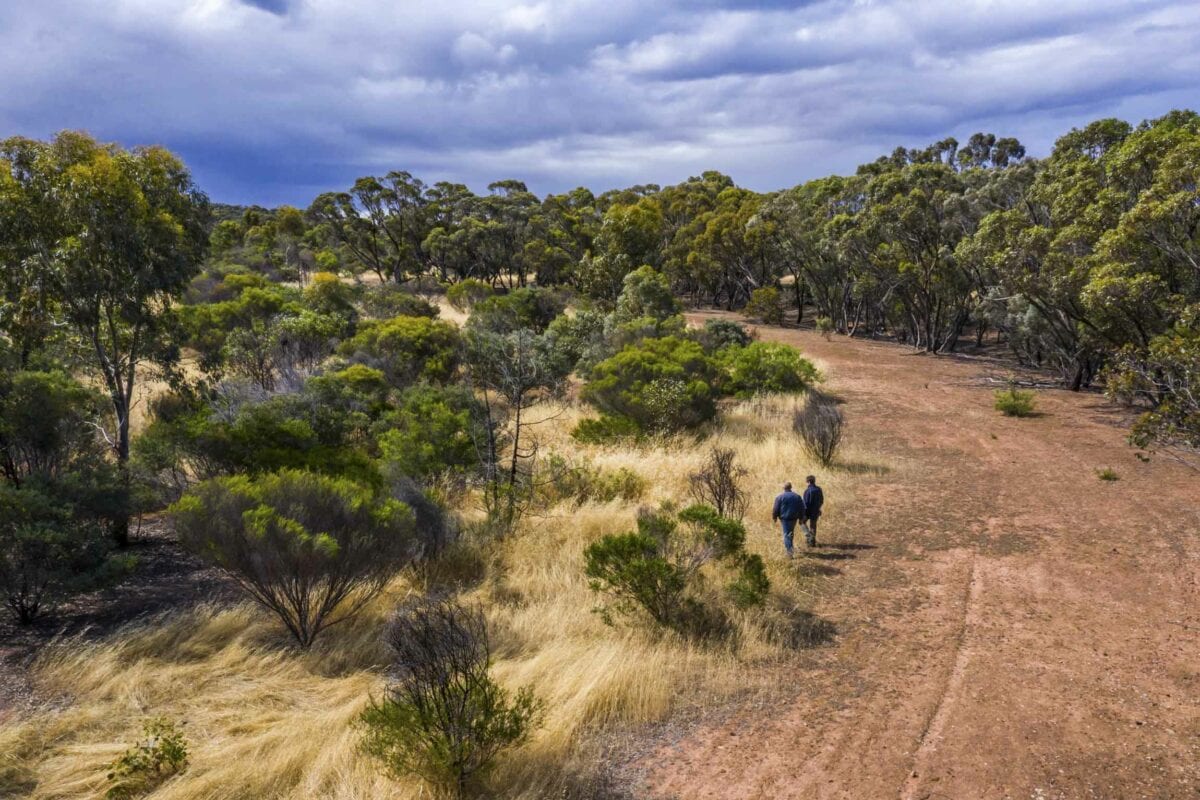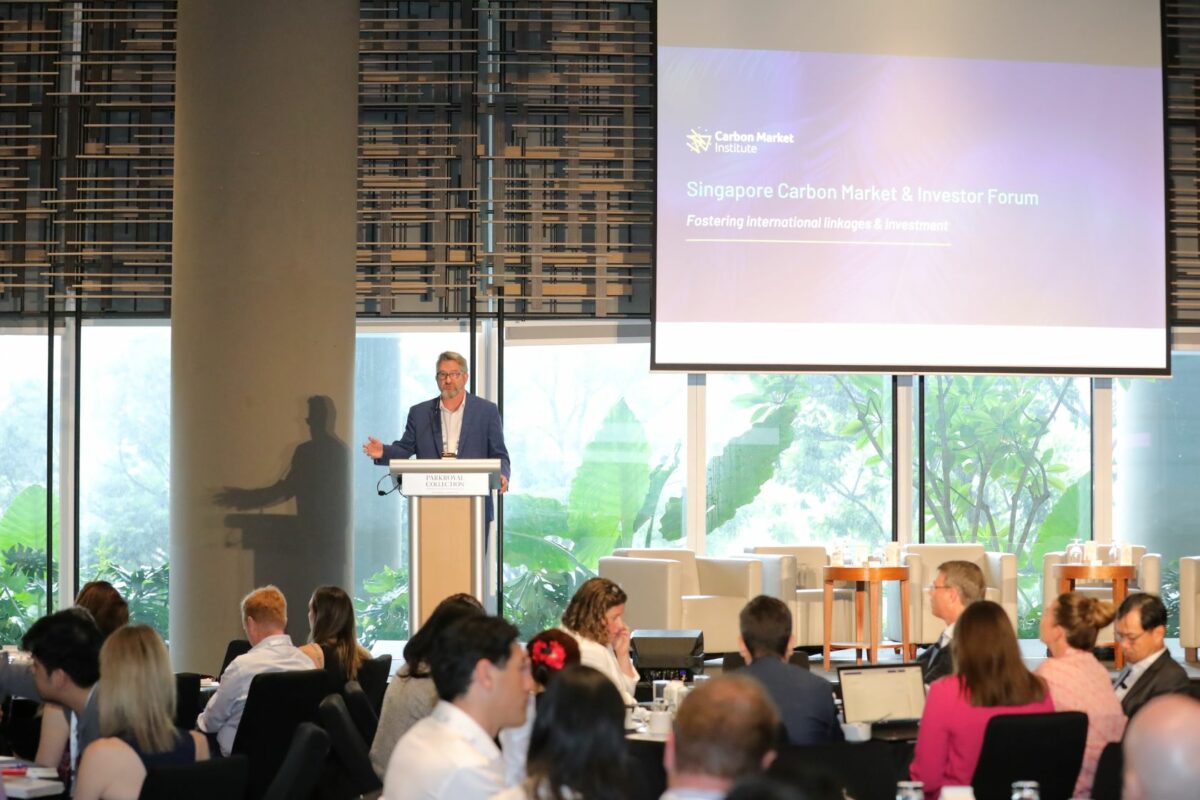A slightly belated Update in the aftermath both of our Australasian Emission Reduction Summit and the US Presidential election.
The latter will no doubt shadow next week’s COP29 and make the potential Australia/Pacific COP31 as the first COP without the US as a party to the Paris Agreement (parties can withdraw after 12 months’ notice).
I was at COP22 in Marrakech in 2016 when President Trump was first elected. I witnessed the galvanising effect there and thereafter as nations, states, cities, business, investors and community groups rallied to support the Paris Agreement goals. Supporting that rally and the “Grand Coalition of the Willing” was a key role that Fiji had in its COP23 Presidency, a role that an Australia/Pacific COP31 can continue.
President Trump’s re-election will be significant and does come amidst US backlash against ESG mandates. However, as speakers at the Summit pointed out, legislation like the Inflation Reduction Act is not easily repealed, individual states like California will maintain leadership, attempts to repeal state-based carbon pricing were rejected, and clean technologies are increasingly cost competitive or better.
It is more important than ever for a strong 2035 emission reduction target and policy mix to be shared early next year. CMI has updated its Advocacy Policy Positions supporting a 70% plus emission reduction target and deepening and broadening of the Safeguard Mechanism.
A major theme at the Summit, raised by speakers like Bran Black from the BCA and echoed by many, is that long-term policy continuity is essential for accelerating investment. Ted O’Brien’s reaffirmation at the summit of the Coalition’s commitment to net zero by 2050 was welcome and it is worth noting Peter Dutton’s comments on the economic importance of decarbonisation (see below). However, there is uncertainty on their position on the Safeguard Mechanism. Given recent reforms align industrial emission reduction to the 2050 net zero goal, businesses and investors will be looking for clarity as soon as possible.
Continued integrity reforms and method development in the Australian Carbon Credit Unit (ACCU) framework remains crucial to the success of the Safeguard Mechanism and urgent investment in climate solutions. Implementation timelines have slipped and so announcement of support for existing, and new, method priorities by Minister Chris Bowen at the Summit was therefore greatly welcomed. CMI has been pushing strongly for progress on integrity and investability in key methods and will continue to do so.
CMI also participated in the Nature Positive Summit and has been consulting with members in making submissions on proposals for a Nature Repair Market as seen below.
COP29 starts next week and CMI is represented by Kurt Winter (Director of Corporate Transition) and Janet Hallows (Director, Climate Programs & Nature-Based Climate Solutions). We have organised a number of events including the Ministerial Reception at the Australia Pavilion. We will update our COP29-Hub [https://carbonmarketinstitute.org/cop29-hub/] with information, priorities and analysis as negotiations and events unfold in Baku (Azerbaijan).
In our role as code administrator, CMI is pleased to release the recommendations of the second Independent Review of the Australian Carbon Industry Code of Conduct. This includes the response to the review’s recommendations and a high-level overview of the main recommendations. The report and the summary documents are available from the Code website.
CMI has updated its policy positions which are available from our website. Worth taking a look!
Lastly, a reminder that the Masterclass educational series continues with coming sessions in Brisbane, Perth and Sydney. The latter will provide a COP29 debrief. Please register here.



